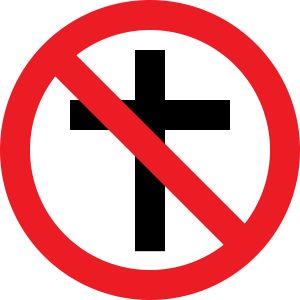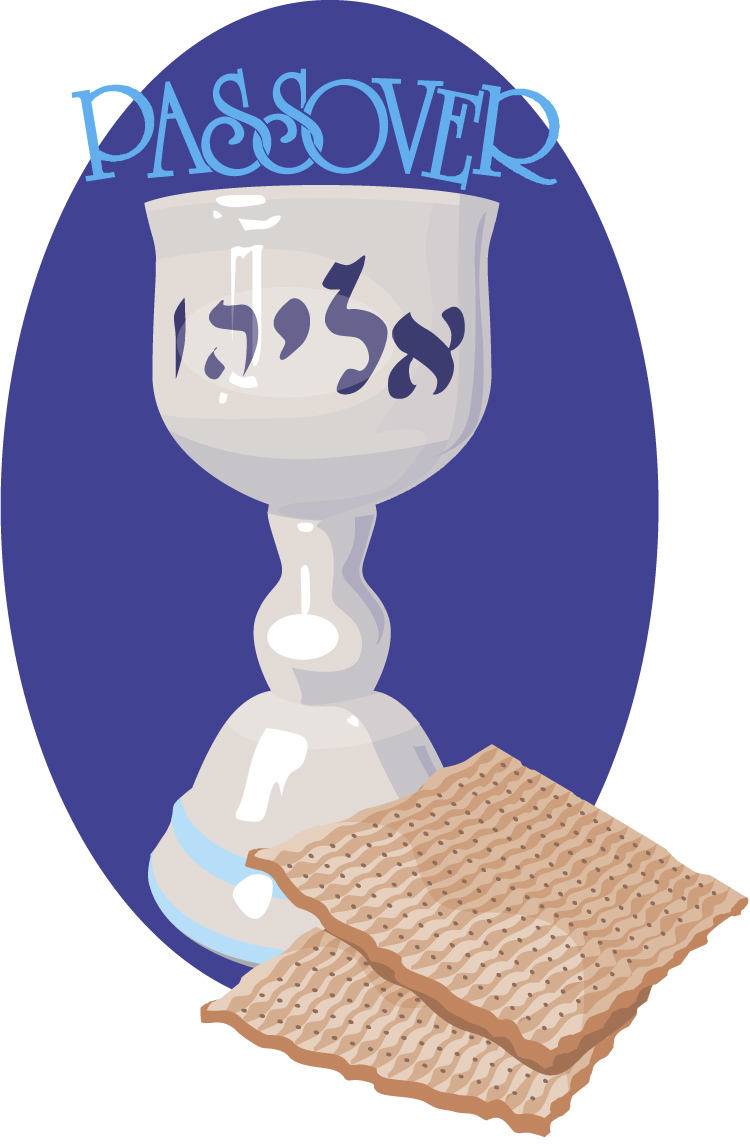
YHVH’s seven biblical feasts are the seven steps in the Creator’s plan of salvation to redeem sinful and fallen man to him and by which man can be adopted into the family of Elohim and receive eternal life.
Overview of the Biblical Feasts
If you had to sum up the entire message of the Bible in one word what would it be? Probably words such as love, hope, salvation, eternal life or heaven are coming to your mind. But I challenge you to find a better word than the following: r-e-c-o-n-c-i-l-i-a-t-i-o-n. The dictionary defines reconciliation as “to restore to friendship or harmony, to settle or resolve a quarrel, to make consistent or congruous.” When man chose to rebel against YHVH and to give in to sin at the Tree of the Knowledge of Good and Evil at the very beginning he chose the path of separation from his Heavenly Father. Sin causes man to be separated from a totally holy, righteous and sinless Creator. Since that time YHVH has been endeavoring to reconcile man to himself. He has laid out criteria for man to follow for this to occur—for man to once again have a friendly, loving and intimate relationship with his Heavenly Father as did Adam before he sinned.
The set-apart appointed times (moedim) or divine rehearsals/gatherings (miqra kodesh) of YHVH are prophetic shadow-pictures or symbols of the steps man must take to be reconciled to his Heavenly Father. They are the complete plan of salvation or redemption rolled up into seven easy-to-understand steps. Though a child can understand these steps, the truths contained therein can at the same time be expanded and unfolded until one literally has rolled out before oneself the entire message of the Bible from Genesis to Revelation—a message that to the human comprehension is staggering, deep and rich beyond understanding. These feast days are literally the skeletal structure upon which the truths of the entire Bible hang. The message of redemption, sanctification, salvation, the atonement, glorification, eschatology, the history of Israel, the entire Gospel message, the covenants, the marriage of the Lamb, the bride of Messiah and Yeshua the Messiah are all prefigured within the glorious spiritual container of YHVH’s set apart feasts contained in seven steps—seven being the biblical number of divine perfection and completion.
Quite assuredly, without a deep, walking-it-out comprehension of the feast days of YHVH, no matter how learned one is in biblical understanding, or how academically astute and mentally acute in biblical erudition one may be, one will not have a deep understanding of those scriptural subjects listed above. How can one understand end-time events such as the second coming, the great tribulation and the rapture unless one understands the feast days from a deep Hebraic perspective? One simply cannot have just a knowledge of Greek, the Gospels, the Apostolic Scriptures along with a surface understanding (i.e. traditional Christian perspective) of the prophecies of the “Old Testament” and expect to understand eschatology (the study of end-time events) unless one immerses themselves in understanding and keeping the feast days of YHVH. One cannot throw out the foundation or the skeletal structure and expect to have a body of understanding that amounts to anything at all. Simple logic and common sense and the very truth and character of YHVH Elohim demands and dictates this so.
At Mount Sinai, YHVH gave to his people Israel what is commonly called the “Ten Commandments.” These words from the mouth of YHVH himself were and are literally the foundation and cornerstone to the rest of the 613 commandments from YHVH given to Continue reading







